EU passes new Digital Markets Act will force Apple to allow third-party stores and sideloading apps on iOS
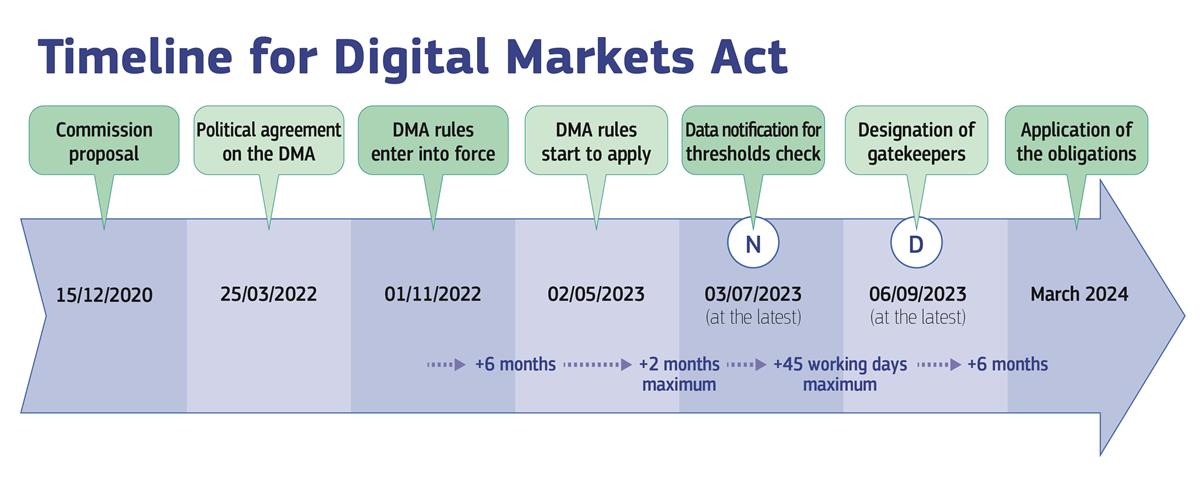
In May 2022, we reported that the European Union will introduce a Digital Markets Act (DMA) that will force Apple to allow installation of iOS apps from third-party sources. The new law has now been passed by the EU.

New EU law allows installation of apps from third-party stores on iOS
The new antitrust law states that gatekeepers, i.e., controllers of large online platforms, (such as Apple, Google, Microsoft, etc) should allow the installation of software applications from third-parties. That means users can sideload iOS apps on their iPhone and iPad.
Image courtesy: European Commission
The DMA's new Act also mentions that users should be able to access these apps (read download) from other services than that of the gatekeeper, i.e., the App Store. So, we could see the rise of new app stores on iOS just like we have on Android and Windows such as Amazon's App Store, Google Play Store, Microsoft Store, F-Droid.
It doesn't end there, the law also requires gatekeepers to allow users to choose whether they want to set the downloaded app or the app store as their default choice. The gatekeeper will need to ensure that users can change the default app easily. Maybe the EU should take a look at Windows 11 too?
The law gives some leeway for gatekeepers for security reasons. If a gatekeeper finds that a third-party app or store endangers the integrity of the hardware or operating system, they will be allowed to take measures against such apps. This means Apple could block malicious apps and/or remove them automatically.
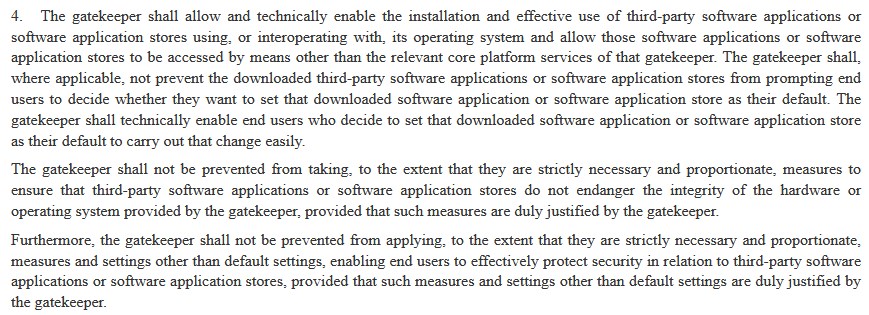
You can find the documentation about the new law on the EU's website. Scroll down to the bottom of the page, and click on the download button next to "Regulation on Digital markets act". It's a bit of a long read, the part about allowing installation of apps from third-party stores can be found under Article 6, section 4. The press release for the DMA is available here.
The DMA will move into the implementation phase from May 2, 2023. It requires potential gatekeepers to notify their core platform services to the European Commission by 3 July 2023. Once a gatekeeper has been designated, they will have to comply with the DMA's requirements by March 6, 2024.
(via MacRumors)
iMessage interoperability
Article 7 of the new Digital Markets Act (linked above), states that a gatekeeper shall allow the basic functionalities of its number-independent interpersonal communications to be interoperable with that of third-party services.
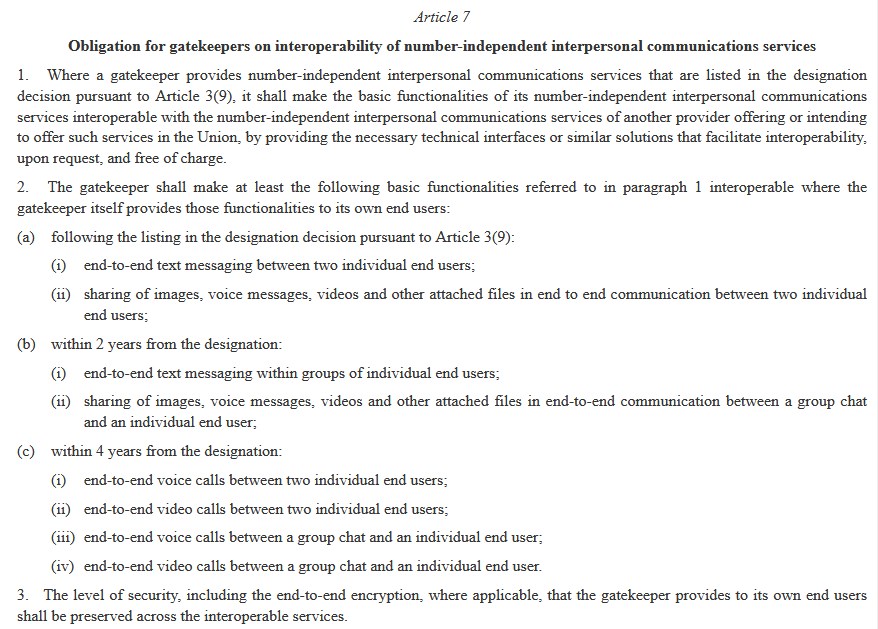
So, this means iMessage, WhatsApp, Telegram, Signal, etc., will have to allow users to communicate across apps to send messages, and make voice calls and video calls. That should be interesting.
The EU has been on a roll lately, it passed a law in October to make USB Type-C the standard charging port on mobile phones. This brought an end to the lightning port on Apple's iPhones. The law will come into effect in 2024.
This new EU law could be a real game changer, Apple has always played the security card to defend its policy about the App Store, claiming that allowing apps from third-party sources could make iPhones vulnerable to security risks. This argument never really made sense, since Apple has always allowed users to sideload apps on macOS, somehow that's secure, but iOS isn't? The real reason why the Cupertino company didn't want to allow iOS apps from third-party sources is quite simple, it earns a sweet 30% commission from every single transaction that is made through the App Store.
This is something that has been criticized by many developers and companies, Epic Games lost a legal battle in a bid to find a solution for this problem. Pavel Durov, the founder of Telegram, has also been particularly vocal about App Store fees since it affected the revenue of the instant messenger's premium subscription. And, Apple also charges app developers an annual fee just to host their software on the App Store, even if an app is completely free. So, this is a big win for users and developers.
Will you buy an iPhone if you could install apps from other stores?



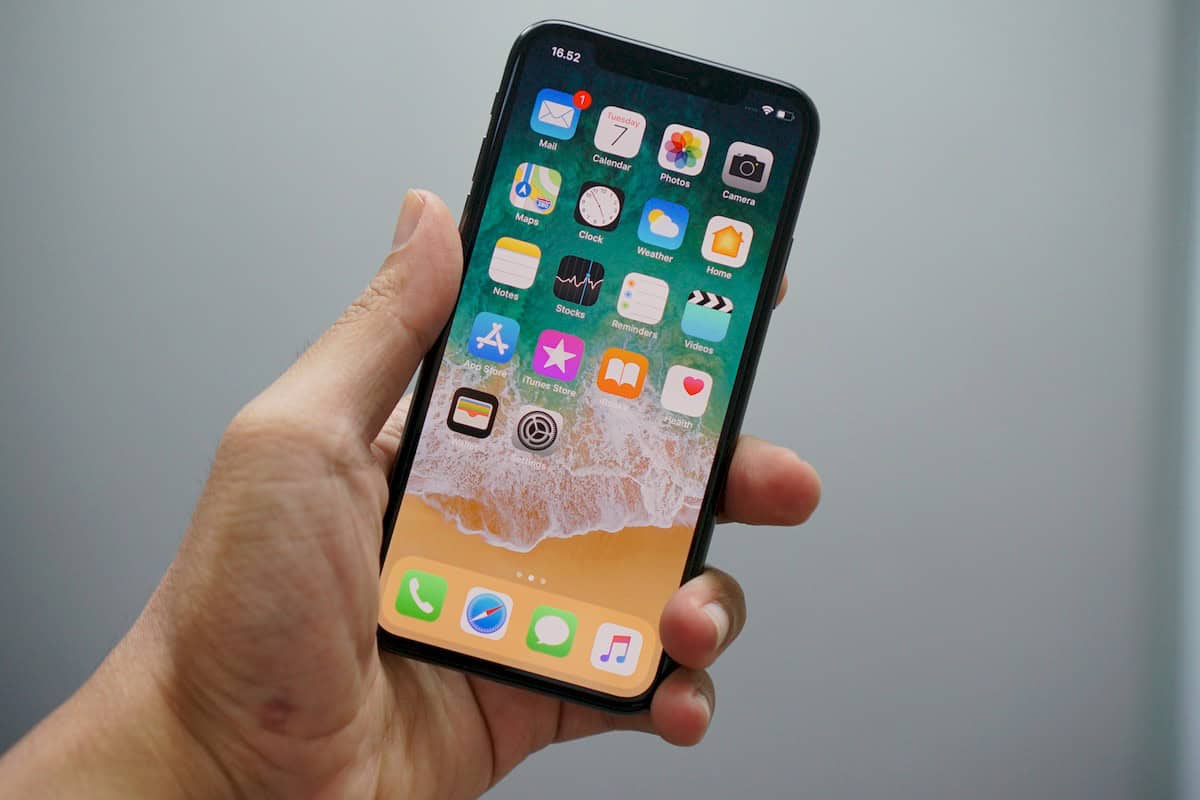
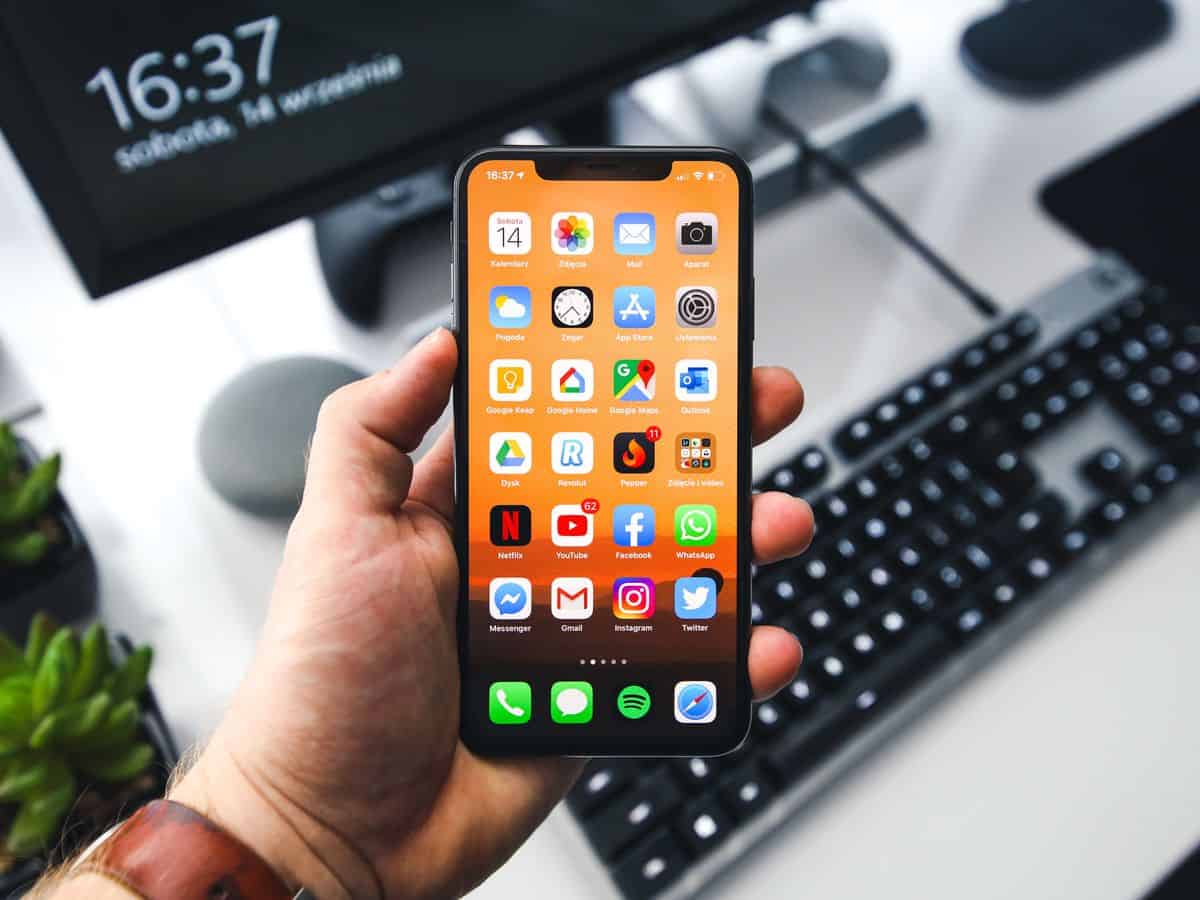

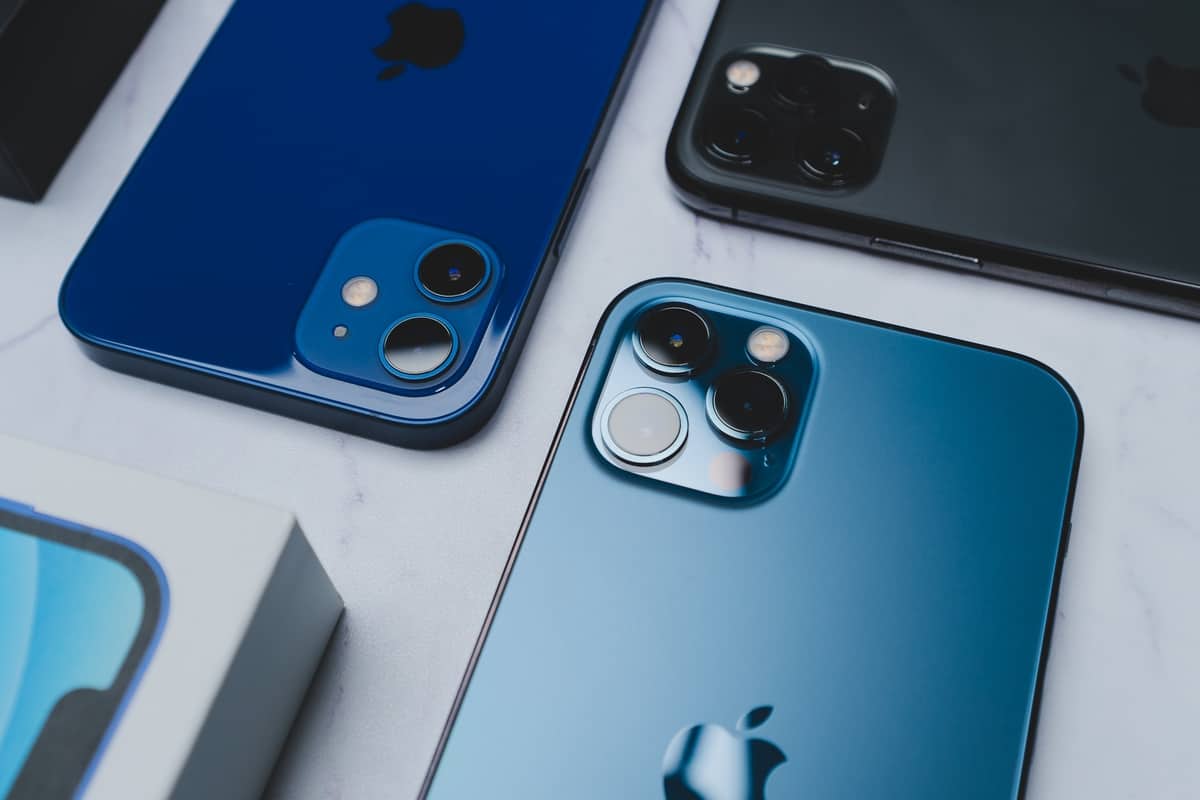


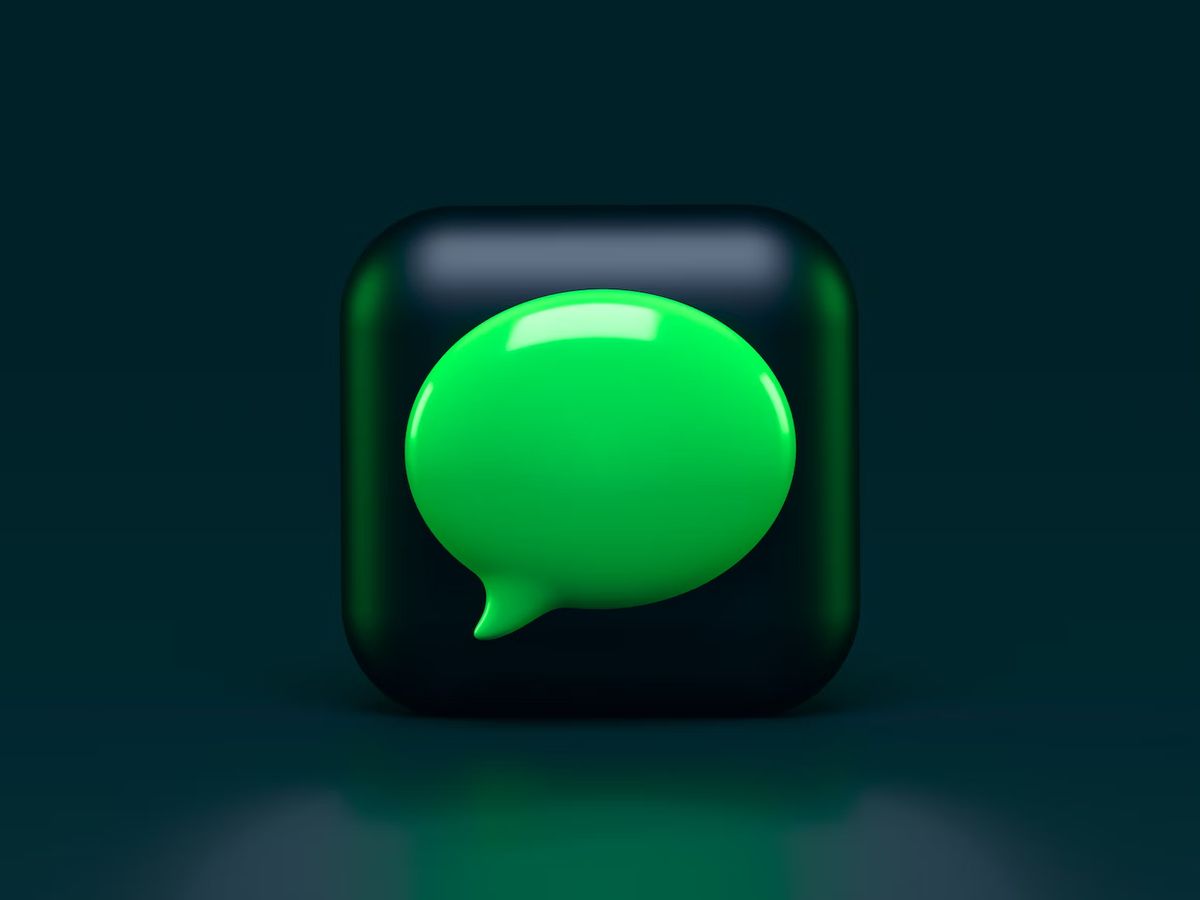
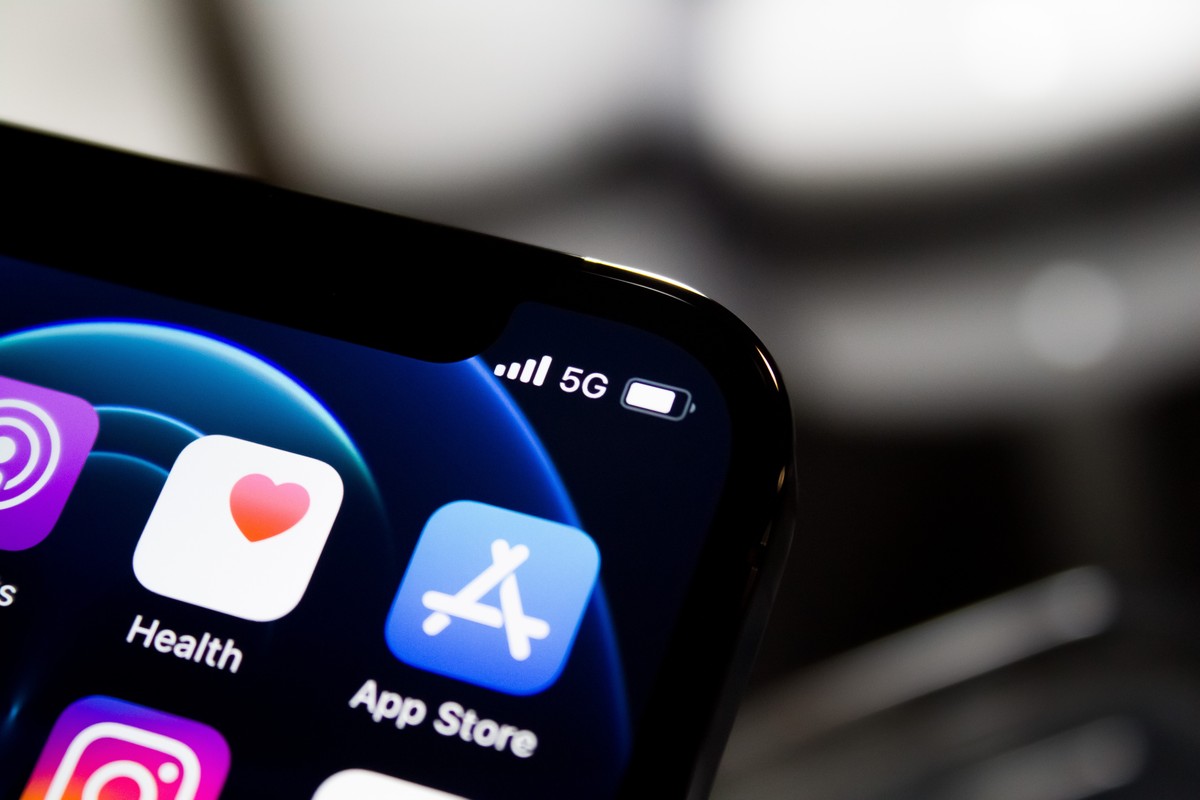
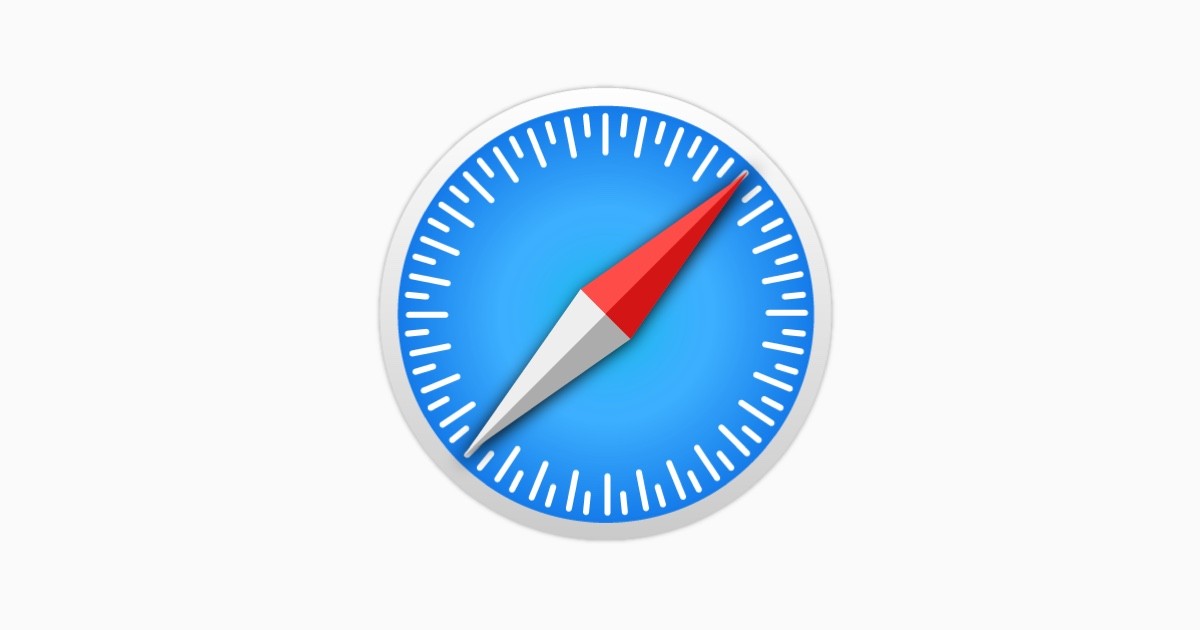
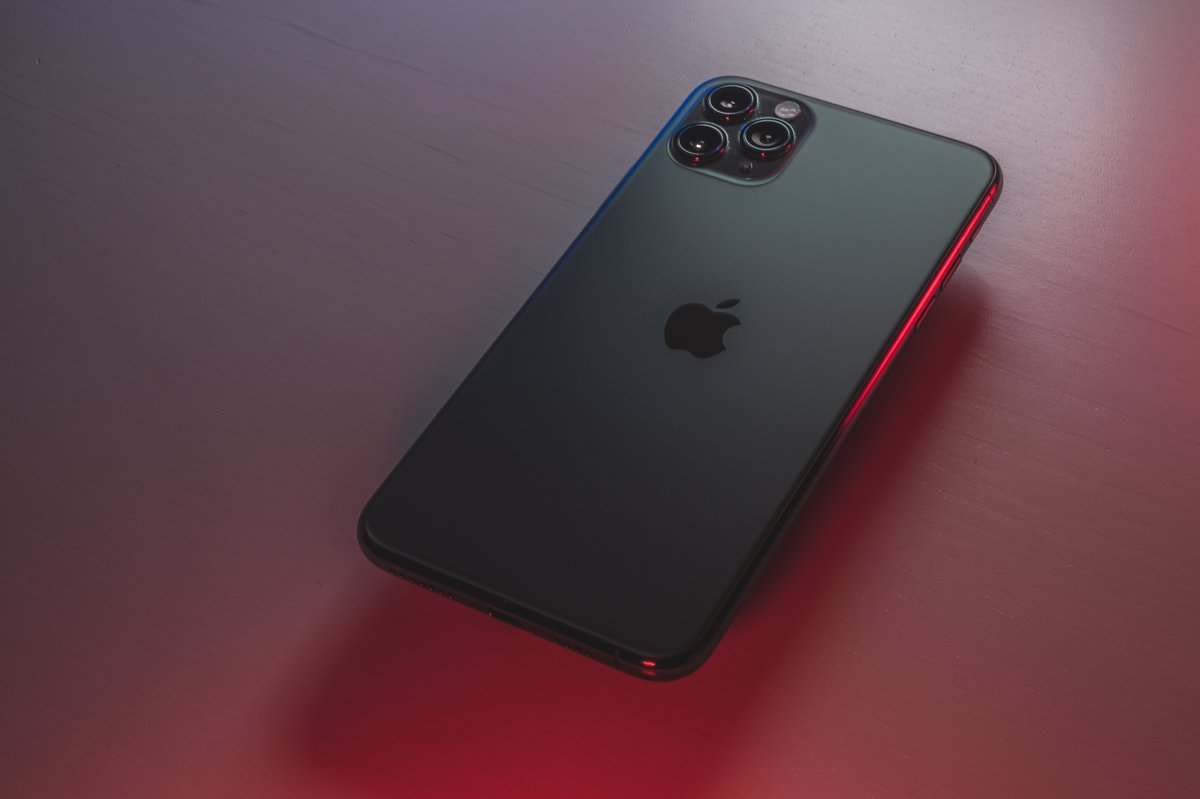










I was reading a Wikipedia article today which also deals with the DMA described in Ashwin’s article. What’s interesting is that according to Wikipedia, the EU forced Microsoft to provide a means of uninstalling pre-installed apps such as Internet Explorer. The actual wording which relates to Amazon is as follows:
“This obligation derives from the cases on Microsoft Internet Explorer and Google Android, where the European Commission forced them to allow end-users to uninstall pre-installed app from their core platforms services.[5][10][57][8]”
That being the case, the same should apply to Microsoft Edge I would have thought. You can find the above quote on https://en.wikipedia.org/wiki/Digital_Markets_Act#Case_by_case_assessment (2nd paragraph under “(b)”.
So this would imply that Microsoft has reneged on the agreement by preventing Edge from being uninstalled.
There are benefits to both, a locked down store on mobile is more secure but having the ability to side load an app can provide a path not available in the store. Developers would likely opt for this in order to avoid the Apple tax. I am happy to see Apple’s locked down ecosystem fall apart somewhat.
I like the security of a locked down ecosystem on my iPhone. Of course, part of the reason for that is that I have never spent anything on apps. The last I checked, 30% of zero is zero.
Although I understand the reasoning behind this – and agree that the gatekeeping by platforms needs to be addressed by law – the law of unintended consequences may possibly strike here like it has with cookie banners, where although the motives were good, it becomes a PITA for the end user.
In the case of allowing third-party app stores, does that mean users may end up having to install 50 different app stores. For example, Adobe has their own app store, Autodesk has their own app store, Microsoft has their own app store, Google has their own app store, Samsung has their own app store, each game studio has their own app store, etc..
It’s bad enough on Samsung phones where users need to have two competing app stores running at the same time to do the same thing – one for Samsung apps, one for Google apps/other apps – with the Samsung app store also trying to update Microsoft Word, even though Microsoft Word was installed via the Google Play Store, which has nothing to do with Samsung. Or both app stores installing a bunch of crap that users never asked for and in some cases make it so the users can’t uninstall them, only disable them.
I dread to think what it will be like with a whole bunch of app stores running at the same time; each having exclusive rights so users need to install their store, each requiring their own account with payment card details, each constantly spamming their users with ads and notifications, each installing their own bundleware crap. Publicly traded companies are the opposite of Midas – where everything they touch turns to crap – so it’s not difficult to imagine where this could end up if lawmakers don’t keep an eye on it.
The difference is that all iPhones come from Apple so there won’t be a second app store preinstalled, like Samsung does with the Galaxy Store.
And I bet you that 99% of Android users don’t install a 3rd-party store. So I doubt that Adobe, Microsoft, Google would suddenly pull their apps from the Apple App Store and force people to download their own app stores. That hasn’t happened on Android either, they all publish to the Play Store and then _maybe_, _also_ to the Samsung or or Amazon or Huawei store.
Good! Now its time all other countries do the same. Its time split the Apple wide open.
Malware memes.jpg
“That means users can sideload iOS apps on their iPhone and iPad.”
Will never happen.
Apple will stop selling iPhones, iPads in EU before allowing such a move, which will bring a black market for Apple devices.
You can already sideload apps to iPhone and iPad. Altstore and other programs let you. It’s not as easy as installing from an app store, but it’s not too difficult either, and it does not require jailbreaking.
lol, no they won’t
Hahaha.
This is fantastic. What made PCs great in the beginning was that anyone could write software for them (remember shareware)?
It’s about time that Apple (and Android) be forced to allow other stores. Even better, creating interoperability between messaging apps. Right now it’s as if you could only make voice calls to someone on the same carrier. It shouldn’t matter what messaging app you use – I should be able to message you (with some loss of features, perhaps).
Android already allows other stores and sideloading. What are you talking about?
That’s called text messaging…
EU? …more like FU.
easy fix. no 3rd party app at all. about as secure as you can get.